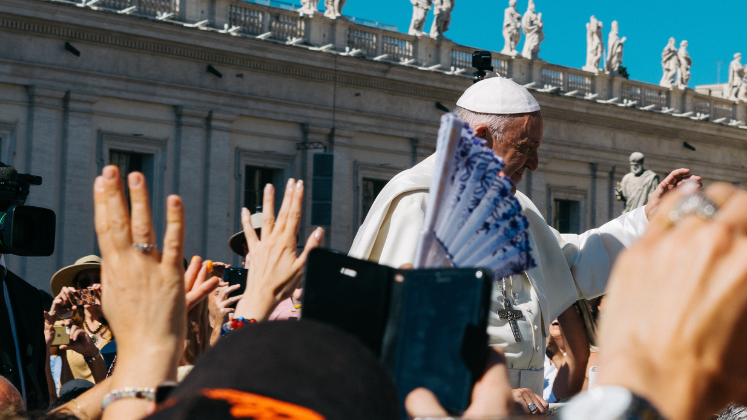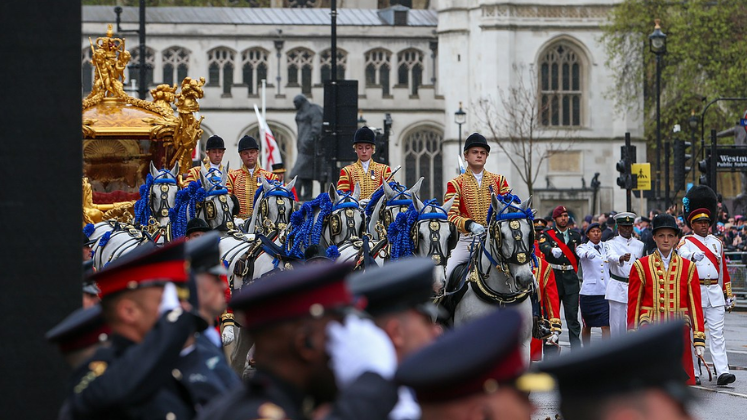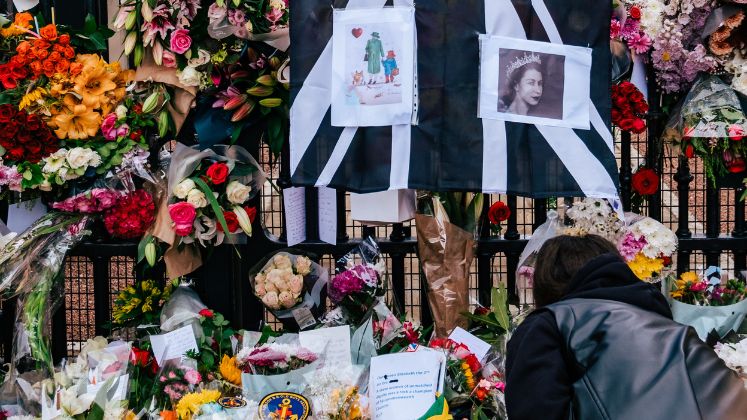How might we speak about religion and politics? Here, Fr Ryan Service looks at pluralism, co-responsibility, and friendship as taught by Pope Francis, and what this means for reimagining the political.

Reading Pope Francis’ letter to the world Fratelli Tutti (Sisters and Brothers, All), at times, can feel like overhearing a conversation – or better, a series of conversations. This is particularly so at the beginning of the encyclical where Pope Francis brings together various strands of an exchange that have inspired this document:
“In the preparation of Laudato Si’, I had a source of inspiration in my brother Bartholomew, the Orthodox Patriarch, who has spoken forcefully of our need to care for creation. In this case, I have felt particularly encouraged by the Grand Imam Ahmad Al-Tayyeb, with whom I met in Abu Dhabi…I have also incorporated, along with my own thoughts, a number of letters, documents and considerations that I have received from many individuals and groups throughout the world.”
Here the Pope uses his voice to carry the voices of others in a way that enables Fratelli Tutti to be received as a socially plural text: a text that is demonstrative of (as well as urging) social friendship. Although criticisms could be made in terms of who these voices belong to, noting the absence of female and young voices across the document, it is always an embodied voice, referring to meetings with specific people in specific geographies, or letters that have a historical record, and words that ‘land’ in action.
Such interplay between word and action is foundational to this document, which, for Pope Francis, must ultimately be superseded by practice in order that “we may prove capable of responding with a new vision of fraternity and social friendship that will not remain at the level of words”. As a necessary social practice, where to start? What conversations and dialogue might inspire, nourish, and challenge social friendship?
A particular strength of Fratelli Tutti is in its exposition of politics as a form of social friendship in a way that tunes in to other voices. Pope Francis has his ear to the ground and is attentive to the voices of the disenfranchised and dismissed. Immediately, politics is understood to be a way of being human, with an implicit nod to Aristotle’s social animals, navigating beyond the narrower waters of politics that do not move through a party-political divide. He then reframes the narrative by stating that “[w]e should not expect everything from those who govern us, for that would be childish. We have the space we need for co-responsibility in creating and putting into place new processes and changes”.
In this way, a culture of indifference is challenged and those who might claim to be ‘unpolitical’ or who decry, in open democracies, that ‘they are all the same’, are instead invited to recognise in what concrete ways they themselves are politically responsible. By managing expectations and redirecting responsibility, the Pope helps foster social friendship towards and among politicians and the professionally political, for whom, sometimes, much is demanded and little is rewarded, whose lives are often under threat and whose reputations are reduced to journalistic word-play.
Perhaps it is in the practice of attentiveness where social friendship can be better developed, where the Christian church is not providing technical solutions to global problems but shares in the struggle to articulate within the various crises rather than trying to operate around them. Through being more than a conversation starter or partner, a church might model conversation itself in the example of public social friendship and narrate in the spaces between state and market without inflating either of them and without undercutting intermediate bodies.
Luigi Sturzo, an Italian priest and a one-time secretary to the People’s Party, writing in 1948 recognises the tension at play between a religious teaching that is followed across an international population and global pressures upon what is broadly termed the political. Citing words from the Gospel of Matthew, “seek ye first the kingdom of God”, he muses how these words “count for private life as well as public life; they count for the world of the spirit and the material world; in politics and in the economy”. Sturzo’s account does not allow for the development of private citizens where the house shields inhabitants from the reality to which they have responsibility, and there is no religious exemption, where ‘seeking first the kingdom’ is putting everything reportedly mundane into second place. For Sturzo, the ultimate battle for good politics is with the ego and the temptations that obscure the wider and longer view. Perhaps a particular problem is not the ego, but a general decentring and othering of politics as something extraneous to the self.
Promoting politics as a form of social friendship potentially softens the public political face; it flattens the time scale from electoral campaign season to the life that endures in and out of season; it re-positions politics from what comes into the letterbox or knocks at the door (virtually, too), to a politics that flows from people in their everyday relationships, concerns, and passions. Unlike the common adage of never speaking about politics or religion, Pope Francis encourages people to do both – or at least, to re-imagine what is demanded or expected of both – to help verbalise and practice a common good that has viability and a vocabulary within politics of the left, centre, and right without being fully articulated by them. It is also friendship and it begins with conversation.
Photo by Kai Pilger on Unsplash




